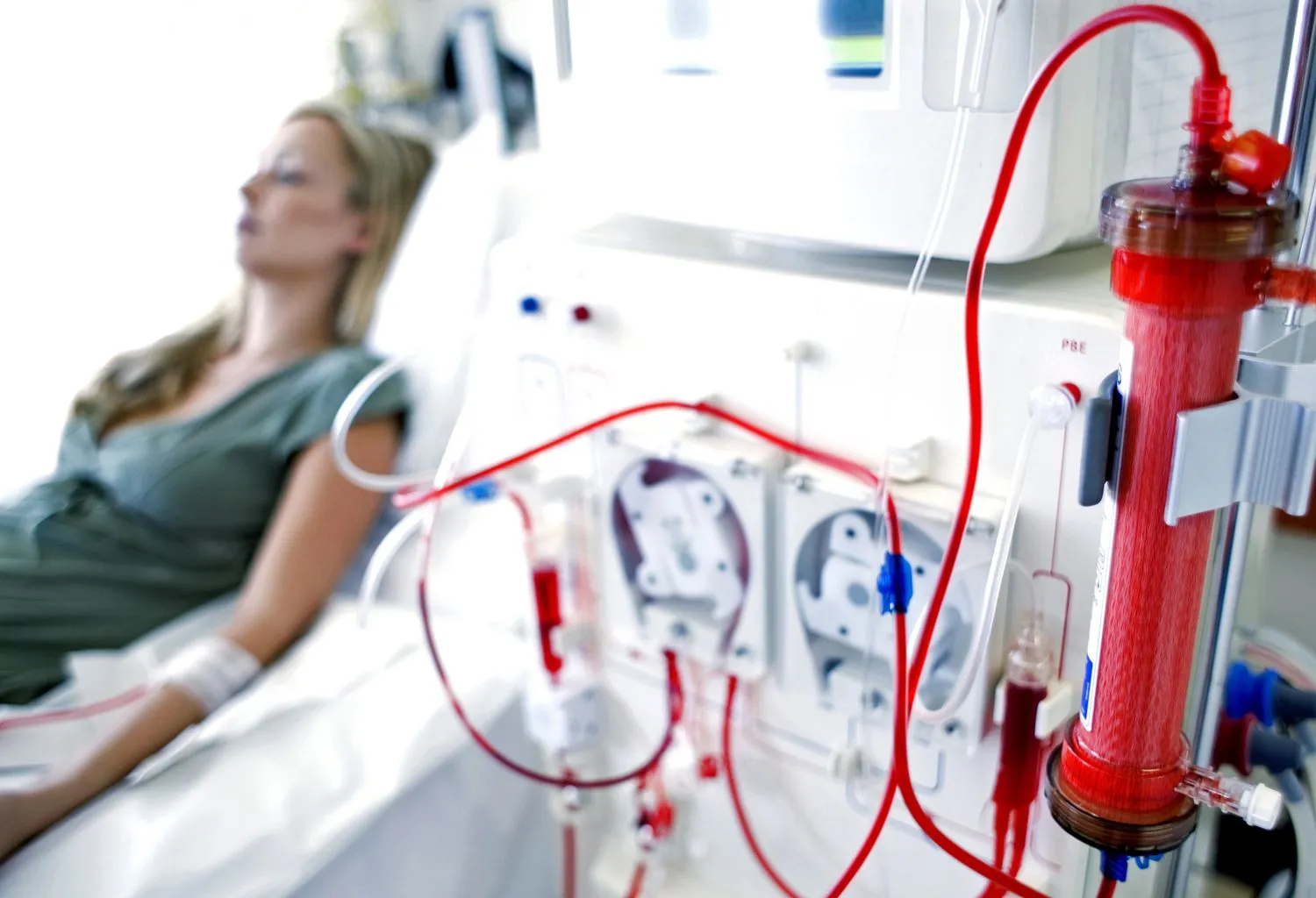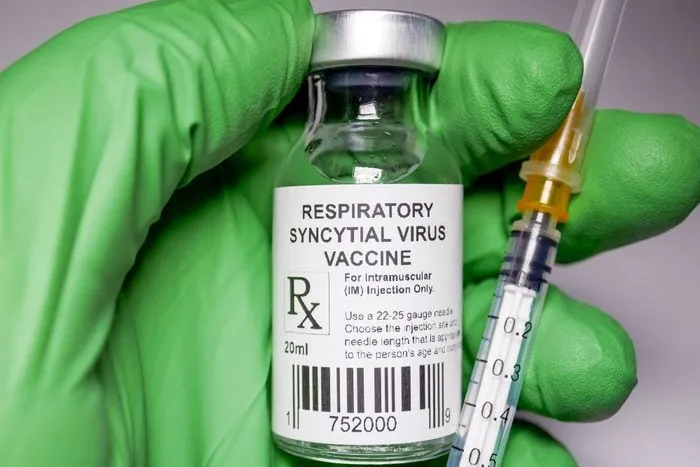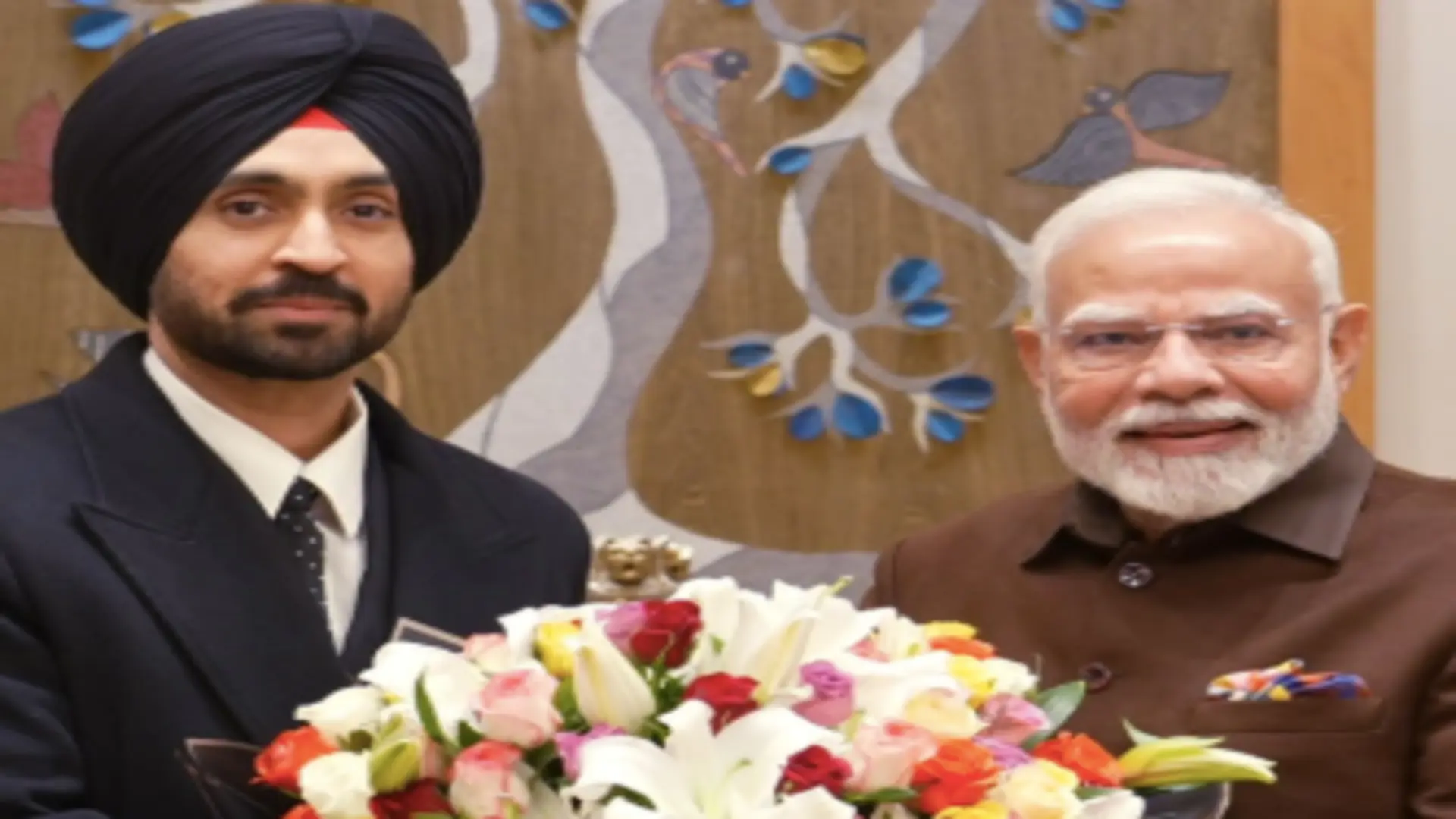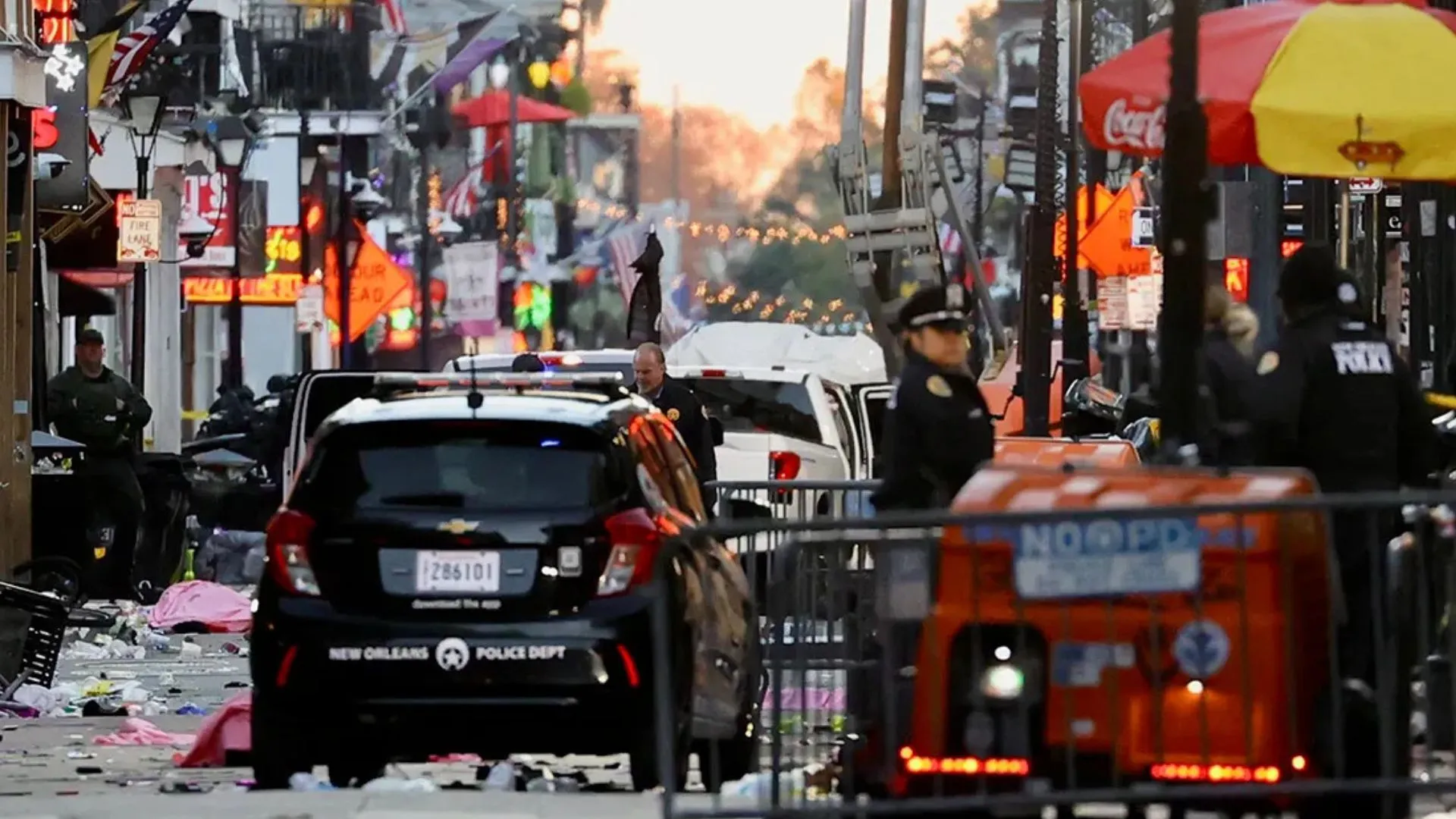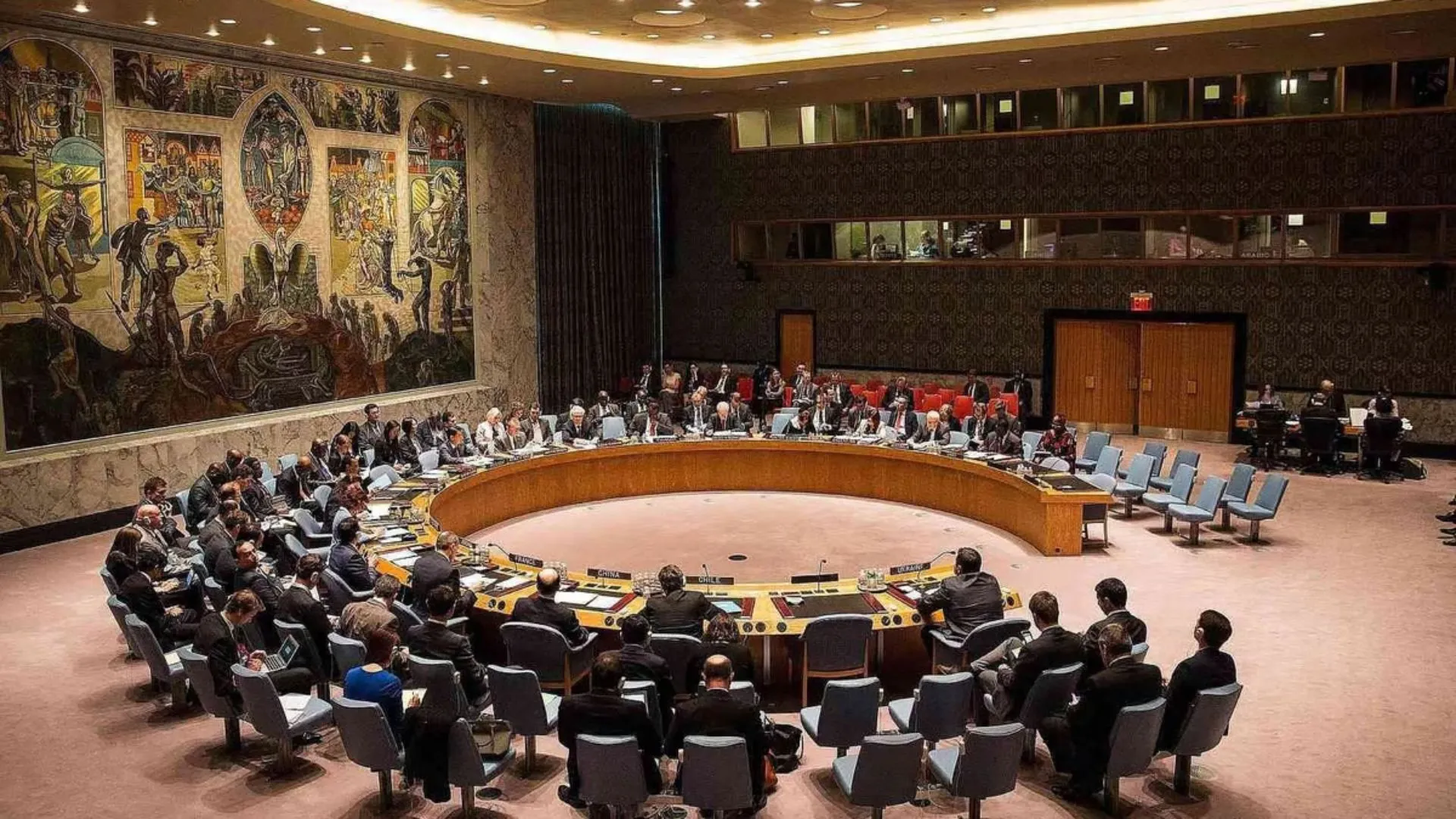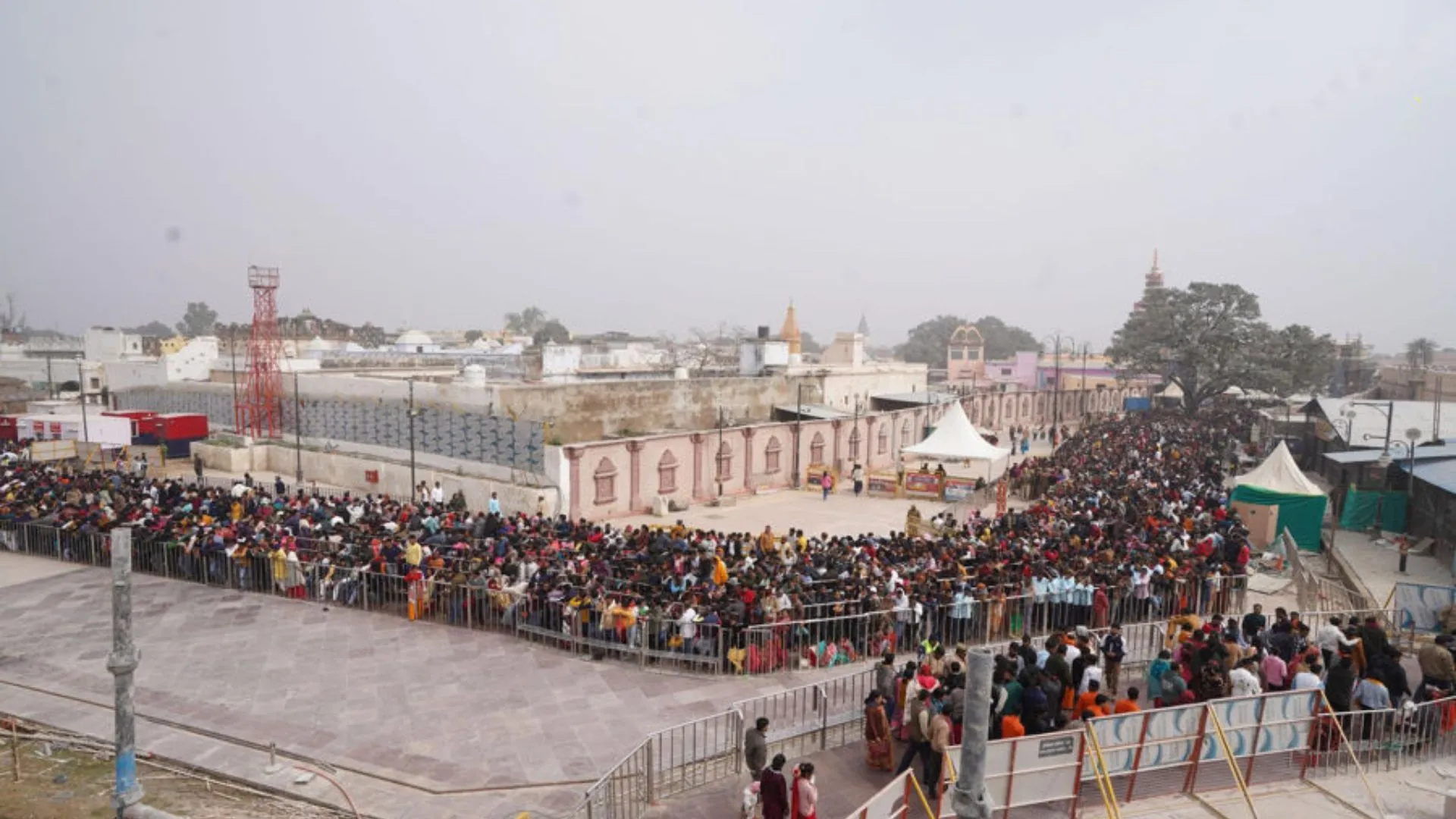National Medical Commission (NMC) circulated the draft of Postgraduate Medical Education Regulations 2021 on the website for comments or observations from the public and stakeholders before finalizing it. This draft disappointed many doctors from different specialties as they were suddenly debarred from the eligibility list of DM and Mch in many superspeciality subjects. Medical students who were preparing for superspeciality entrance exams got a shock of life as this draft did not mention the rationale and reason for changes in eligibility.
Mistakes like using non-existent MD cardiology as a qualification for DM cardiology fueled the debate. By broadening the eligibility, the NEET superspeciality examinations provided a level playing field for all candidates. Students holding MD degrees in Radiation Oncology and Pediatrics were declared ineligible for the DM Medical Oncology programme in this revision. Medical Oncology was always open to post-graduates in Radiation Oncology, and Pediatrics was included as well.
For many years, radiation oncology, often known as radiotherapy, has been India’s oldest and sole speciality dealing with cancer care. Radiation oncologists have been caring for cancer patients not just at the National Institutes of Health, but also in the most remote parts of the country. In the last two decades, medical oncology has become a superspecialty. Doctors holding an MD in Medicine, Pediatrics, or Radiation Oncology were eligible for the DM Medical Oncology, but it was always a point of contention for no apparent reason.
Cancer was one of the main causes of mortality in India, accounting for 63% of all fatalities (9% ). Every year, around 14 lakh new cancer cases are recorded in India, with nearly 8 lakh people dying as a result. Because of inequitable resource allocation, inequities and inequalities in cancer care and outcomes exist. In India, over 90% of cancer centres are located in metropolitan regions, whereas 70% of the population still lives in rural areas. In India, cancer care delivery requires a comprehensive and collaborative strategy, and more trained and qualified cancer care workers are needed. Our country’s beauty has always been its inclusive attitude, and cancer treatment delivery should be no different.
The past three years’ DM Medical Oncology entry results revealed that MD Radiation Oncology students obtained 70-80 percent of seats, which should be used as a guide to allow those with the most comprehension and expertise of Oncology at the specialty level. Differentiating persons based on their specialisation in a circumstance where they are getting the greatest number of seats with no dropout is not fair. Students who have a thorough understanding of cancer management are unquestionably superior superspecialists in oncology. Doctors with post-graduate training in Radiation Oncology consider NMC’s decision to eliminate MD Radiation Oncology as a feeder branch for DM Medical Oncology as “unfair removal of competition.”
The Association of Radiation Oncologists of India (AROI) has expressed worry over a draft that would prevent young radiation oncologists from pursuing a superspecialty in oncology. Thousands of emails have been sent to NMC’s President of the PG Committee requesting that MD Radiation Oncology be kept as an eligible for DM Medical Oncology to guarantee fair competition.
In India, the delivery of cancer treatment requires system strengthening at many levels. Agencies must become more reasonable and inclusive in order to provide everyone with an equal chance to improve their knowledge and skills. Excluding MD Radiation Oncology from DM Medical Oncology will not only limit the opportunities for bright and intellectual radiation oncologists to seek superspecialization, but it will also demoralise and demotivate the most important stakeholder in cancer care in India: radiation oncologists.
Our country has always battled discrepancies and injustices by providing everyone with equal opportunity and the freedom to choose. We have effective government machinery in place to handle concerns, and everyone is making every effort to reach out to the appropriate authorities for a better and more favourable conclusion.


